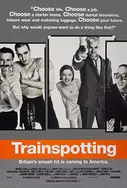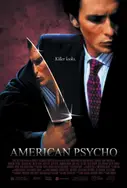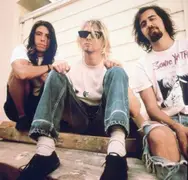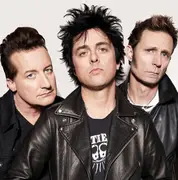books
Books like The Indian in the Cupboard
The Indian in the Cupboard
Apparently many people feel that this book is full of racist stereotypes. I can see where they're coming from, starting with the outdated term Indian, as opposed to Native American (or Iroquois, in this case). Not only that, but the Indian in the book, Little Bear, speaks in very broken English, and he has a seemingly simplistic, stereotypical outlook. However...it's hard to be mad at a book for being racist when it portrays the Indian as the wisest, bravest, most hard-working character in the book. Yes, in the beginning Omri doesn't realize that Little Bear is a PERSON. But the book is partly about Omri coming to see that Little Bear IS a person, and that to have him as a toy or a possession is completely inappropriate.Little Bear has more self-respect in his 2.75 inch body than the vast majority of full-sized people. He wastes no time on self-pity and instead focuses on how he can create a life in which he can take care of himself in the very strange circumstances in which he finds himself. He wants to hunt for his own food, build his own home, etc. I think it's obvious to Omri, as well as to the reader, that Little Bear has a very strong system of values that include intelligence, skill, self-reliance, courage, and hard work, among other things.It's hard for me to see how having an Indian as a toy is racist, when there is also a (caucasian) cowboy, a (caucasian) English soldier, and others who are in the same position. And perhaps it's stereotypical to have the Indian and the cowboy dislike and fight each other...but is it racist to have the Indian show himself to be smarter, braver, stronger, more skilled, more stoic and even more hygienic at every turn? Little Bear even teaches Omri (and the reader) that an Indian isn't an Indian, and that as an Iroquois brave, to use a teepee, especially one with Algonquin markings, is unthinkable. As for the broken English...Little Bear is the only character in the book for whom English is not his first language. I actually liked the way he spoke, and was amazed at his way of cutting right to the heart of the matter with a very limited vocabulary. I could see how Little Bear's way of speaking might seem like baby talk, which would infantilize him, but I didn't take it that way. Instead I was impressed at the way he had learned enough English to get his meaning across and meet his needs. Little Bear's way of speaking did not make him seem any less intelligent, mature, or sophisticated to me.In fact, Little Bear was portrayed as such a paragon for much of the book that one could almost find that racist -- as if Little Bear was more than human -- but he does have some weaknesses that he displays occasionally, such as his stubbornness and quickness to judge. So while Little Bear has many admirable qualities, he is not saintly.I'm sure that there are dated, inaccurate and stereotypical elements in this book. Since I'm not Native American, I'm certainly not in the best position to judge. But if this book contributed to my image of Native Americans at all, it was in a positive way. I do think that this book's heart was in the right place, and that the author approached the Iroquois character with respect and the intention to portray him very positively. Overall I loved the book for it's clever, original, exciting plot, it's complex characterization, it's high-quality writing, and the messages it sends about what qualities are to be admired in people.

Filter by:
Cross-category suggestions
Filter by:
Filter by:
Filter by:
Filter by:
Filter by:
Filter by:
Filter by:
Filter by:
Lists with The Indian in the Cupboard



- 327 Books
- 163 Movies
maybe try again
List includes: Donnie Darko, Trainspotting, American Psycho
February 2023
1
P
@picsforpatrick455b68



- 870 Movies
- 335 Shows
not sure rating
List includes: Tool, Metallica, Nirvana
January 2023
0
P
@picsforpatrick455b68



- 126 Movies
- 77 Games
Stuff to maybe give a second look
List includes: Green Day, Bon Jovi, Daft Punk
August 2022
0
P
@patrick.scaffido



- 22 Books
Books for my sons
List includes: The Lord of the Rings, Artemis Fowl, Gulliver's Travels
June 2022
0
@variablesunknown



- 31 Books
Books
List includes: The City of Ember, Where the Sidewalk Ends, Holes
February 2022
0
@wellsjos00041d441



- 4 Books
Books we have read
List includes: Hatchet, Because of Winn-Dixie, The Indian in the Cupboard
September 2020
0
P
@partywithkayla